Last News
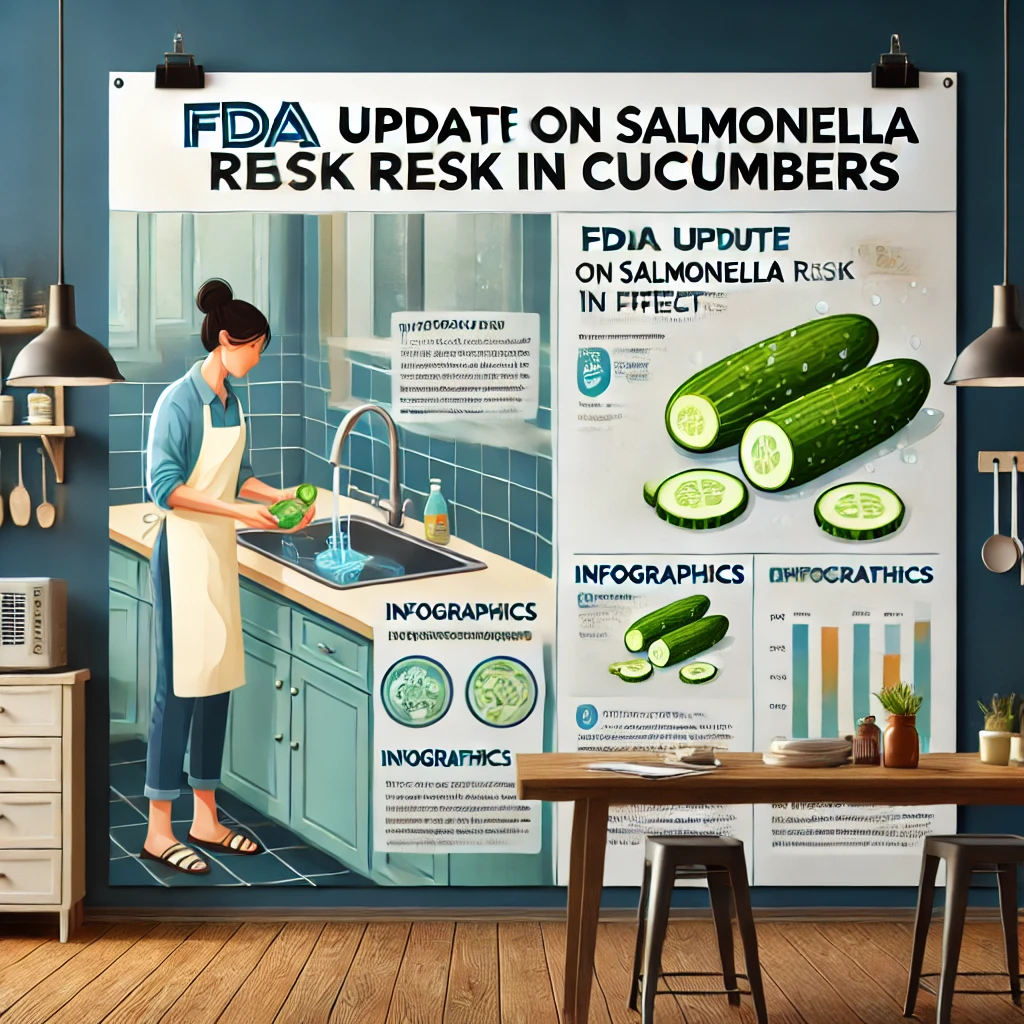
FDA Updates Advisory on Salmonella Braenderup Infections Linked to Cucumbers
The FDA has updated its advisory regarding Salmonella Braenderup infections connected to cucumbers. The new information and safety measures are critical for consumers and food operators to reduce the risk of infection. The FDA provides updated guidance and recommendations on the safe consumption and handling of cucumbers.
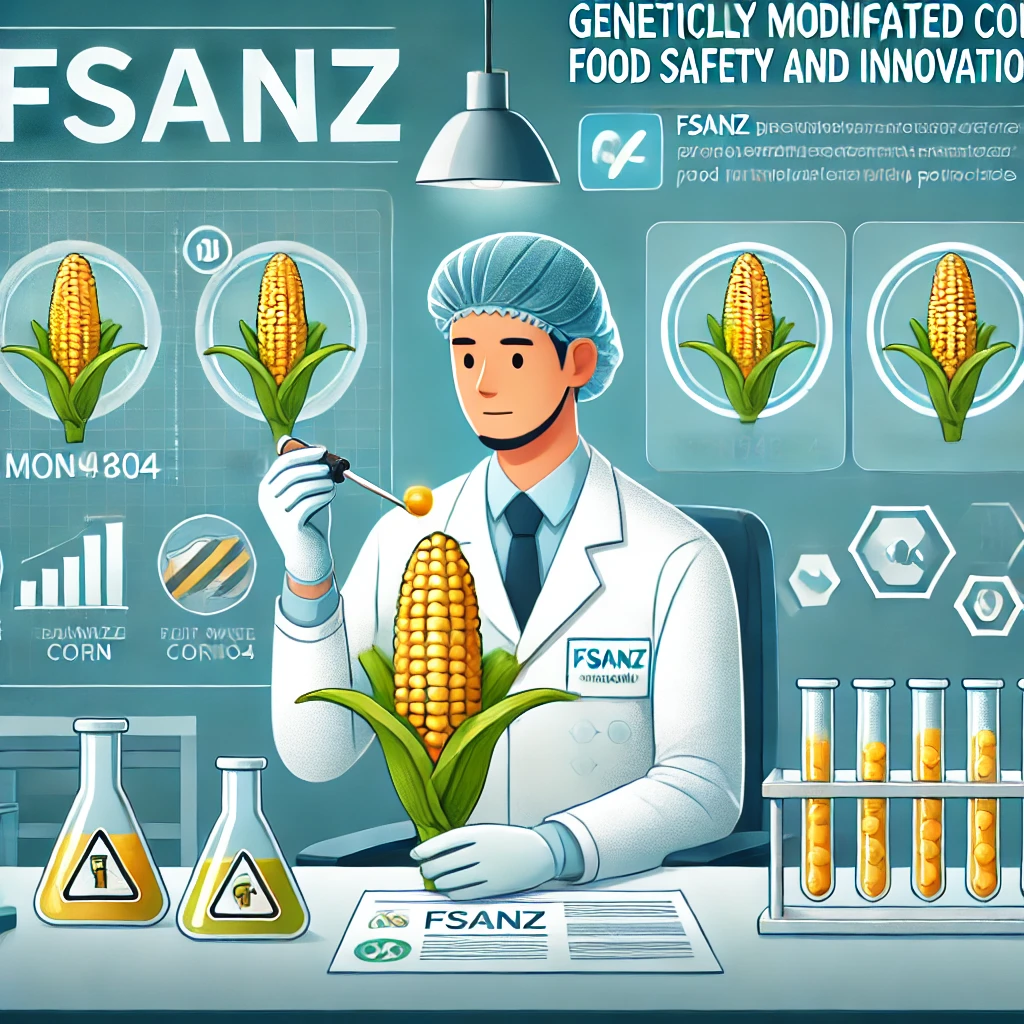
FSANZ Approves Genetically Modified Corn Variety for Food Use
The Food Standards Australia New Zealand (FSANZ) has issued notification 298-24, approving application A1287 for the food use of genetically modified corn variety MON94804. After reporting this decision to the Food Ministers’ Meeting, the meeting participants have 60 days to review the approved standard from FSANZ or to request a review.

FDA Releases Guidance on Adopting Updated Codex Standard for Infant Formula and Products for Young Children
The FDA has issued a draft Circular titled “Guidelines for the Adoption of the Codex Standard as a Technical Regulation for Infant Follow-Up Formula and Products for Young Children.” This Circular aims to adopt the updated Codex Standard, providing guidance on regulating products for infants and young children. Specifically, it offers guidance to food business operators (FBOs) on how to use the updated Codex Standard in regulation and defines limits for consumption, quality factors, purity requirements, food additives, contaminants, hygiene, labeling, analytical methods, and sampling based on the updated Codex Standard and current national policies.

Ukraine Publishes New Chemical Management Regulation Similar to EU REACH
Ukraine has published its new regulation on chemical management, similar to the EU’s REACH. The law will come into effect on January 26, 2025. This regulation aims to control the production, import, and use of chemical substances, thereby reducing risks to environmental and human health.

Switzerland Harmonizes its Chemicals Ordinance with EU Regulations
Switzerland has further harmonized its Chemicals Ordinance (ChemO) with the regulations in the European Union (EU). The latest amendment will come into effect on September 1, 2024. This adjustment aims to bring Switzerland’s chemical management standards closer to EU norms.
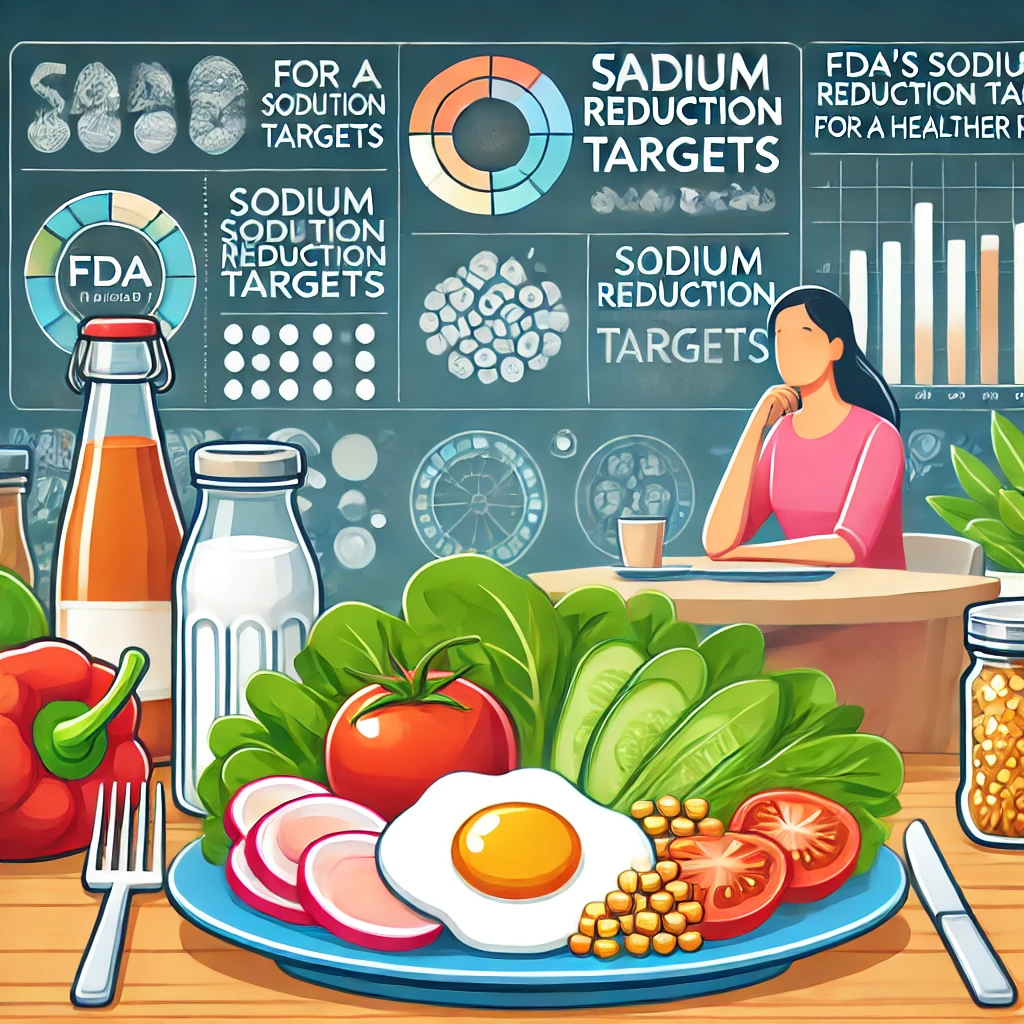
FDA Advances Second Phase of Sodium Reduction Initiatives
The FDA has taken a significant step in sodium reduction by adopting a phased and data-driven approach, publishing a draft guidance for the second phase of voluntary sodium reduction targets. This initiative aims to support sodium reduction across the food supply chain. Prior to 2021, the average daily sodium intake of consumers was approximately 3,400 milligrams. If the draft guidance is finalized, the new voluntary targets will help reduce individual sodium intake to an average of 2,750 milligrams. This reduction represents about a 20% decrease from pre-2021 levels. The second-phase sodium reduction targets are a continuation of the first targets published in October 2021.
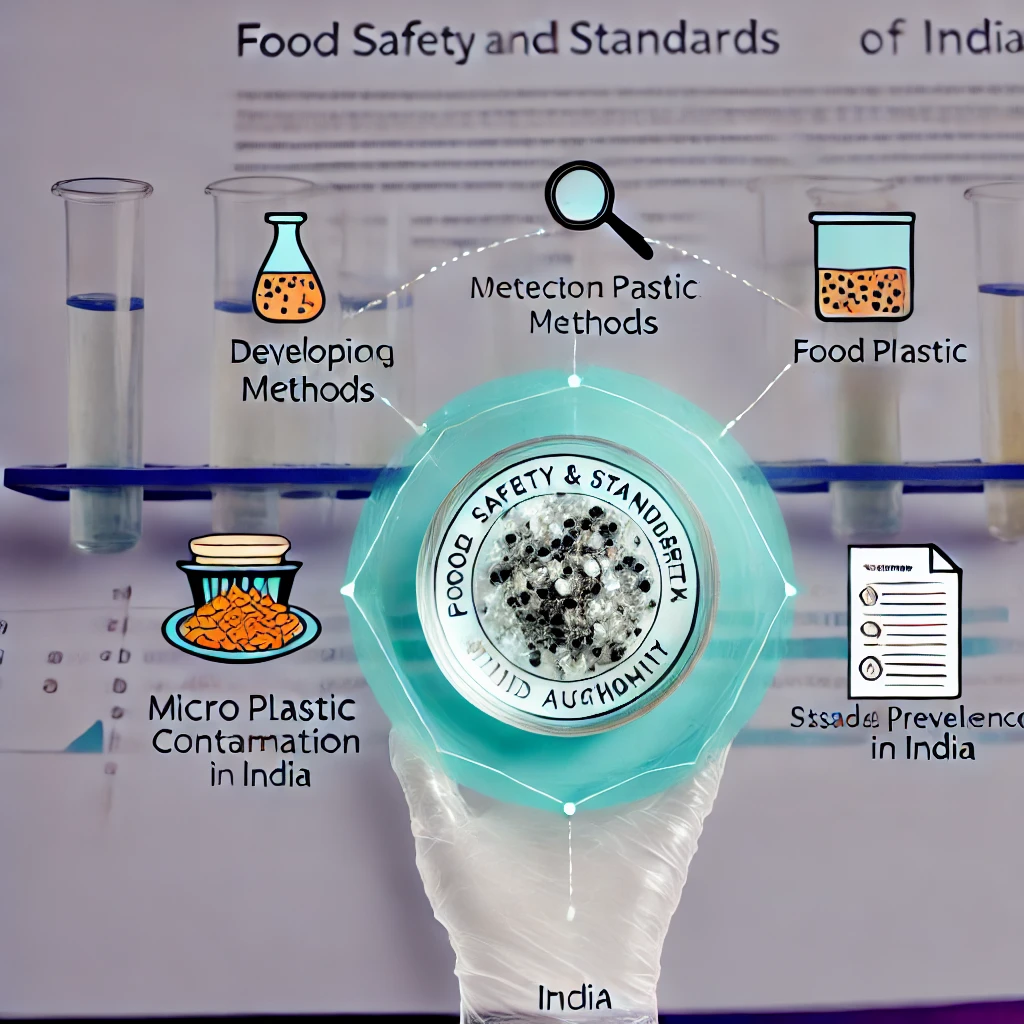
FSSAI Launches Project to Study Microplastic Contamination in Indian Food Products
The Food Safety and Standards Authority of India (FSSAI) initiated a project in March to examine microplastic contamination in food. The project aims to develop methods for detecting micro and nano plastics, assess their prevalence and exposure levels in India, and establish standardized protocols for analysis. Additionally, the project seeks to conduct inter-laboratory comparisons as part of its objectives.
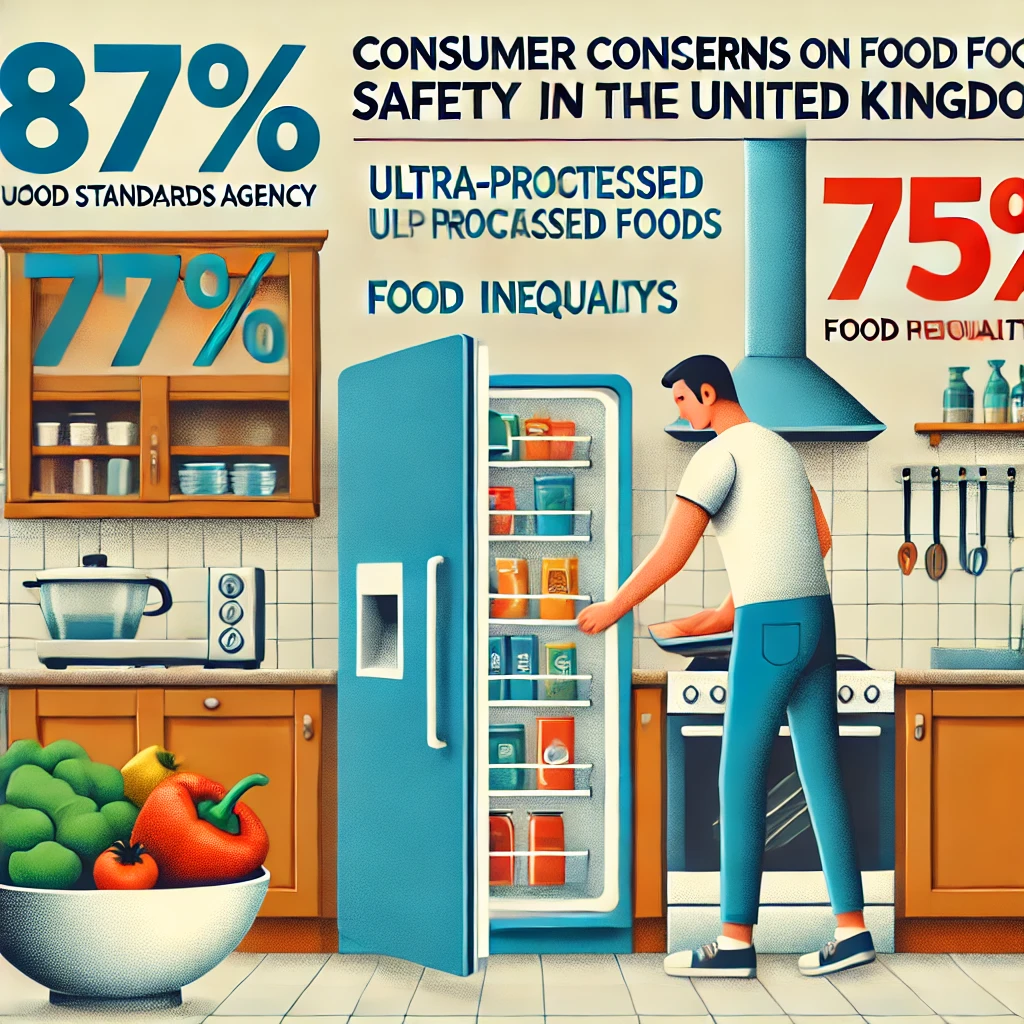
UK Food Standards Agency’s End-of-Year Consumer Insights Report
The UK Food Standards Agency has published the annual end-of-year report for the Consumer Insights Tracker (CIT) covering the period from July 2023 to March 2024. The report highlights significant concerns among consumers about food prices (87%), ultra-processed or excessively processed foods (77%), and issues of food poverty and inequality (75%). Confidence in the food supply chain increased from 55% in July 2023 to 60% in March 2024. Approximately one in every ten consumers reported engaging in risky food behaviors, such as lowering cooking temperatures, shortening cooking times, consuming foods past their expiration date, and setting refrigerator or freezer temperatures higher.
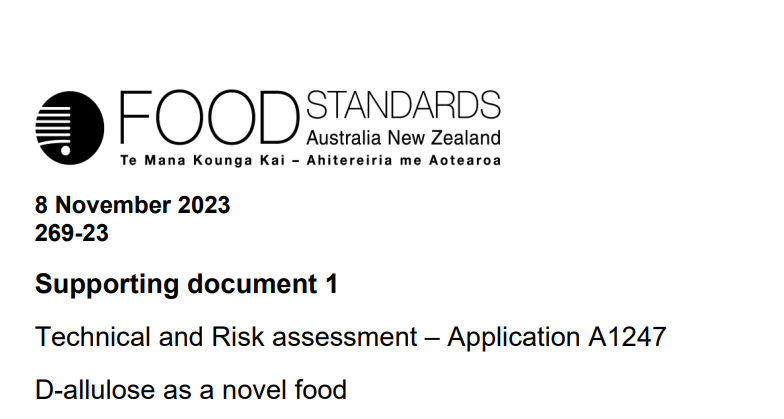
FSANZ Reviews Application to Permit D-Allulose as a Novel Food in Australia and New Zealand
FSANZ has reviewed an application to permit the use of D-allulose as a novel food in Australia and New Zealand. Key aspects of the application include allowing D-allulose to be used at specified maximum levels in certain foods, adding a 2 kJ/g energy factor for D-allulose in nutrition labeling, requiring a laxative effect warning for high consumption, and permitting nutrition claims such as “no added sugar” under specific conditions.
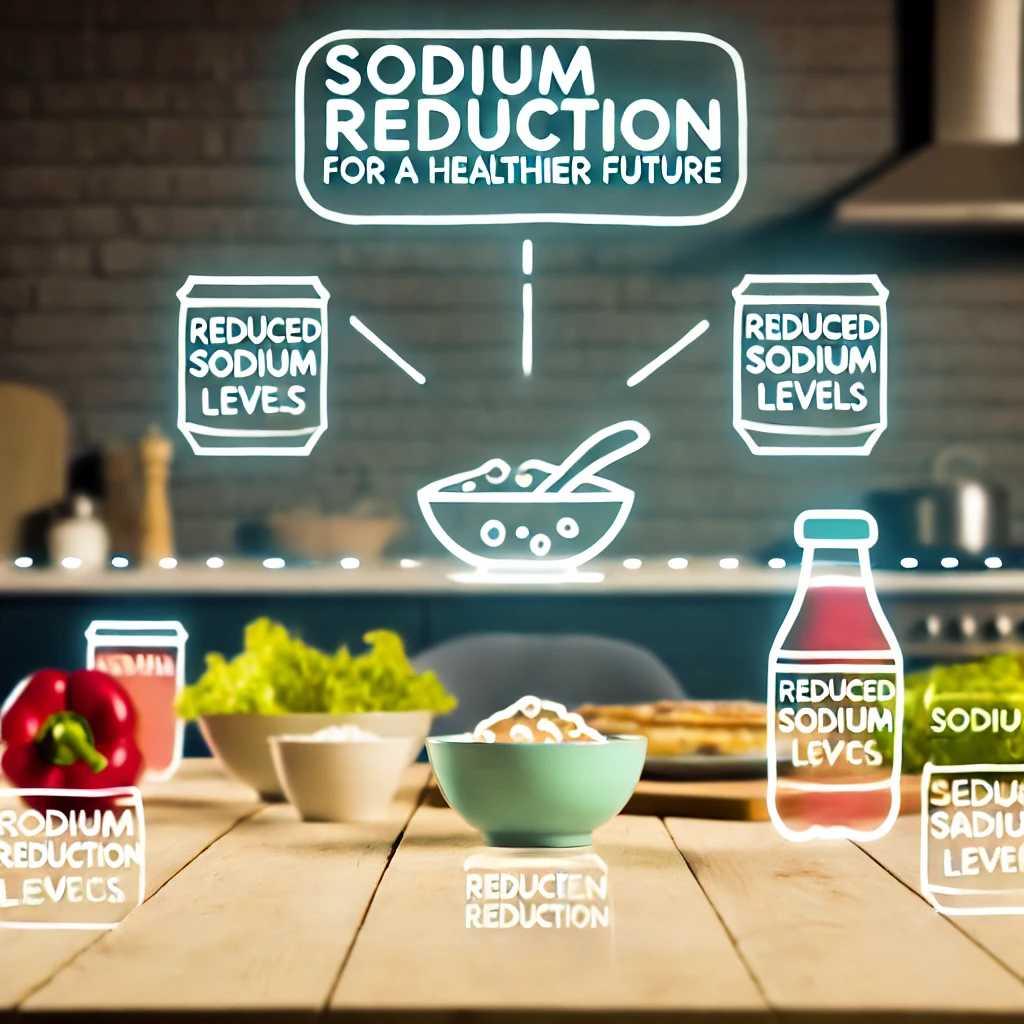
FDA Publishes New Draft Guidance on Sodium Reduction Targets
The FDA has completed a significant phase in its sodium reduction efforts by publishing a new draft guidance that includes lower target levels for certain foods. This guidance is designed to encourage food manufacturers to reduce sodium content, aiming to contribute to public health improvements.



